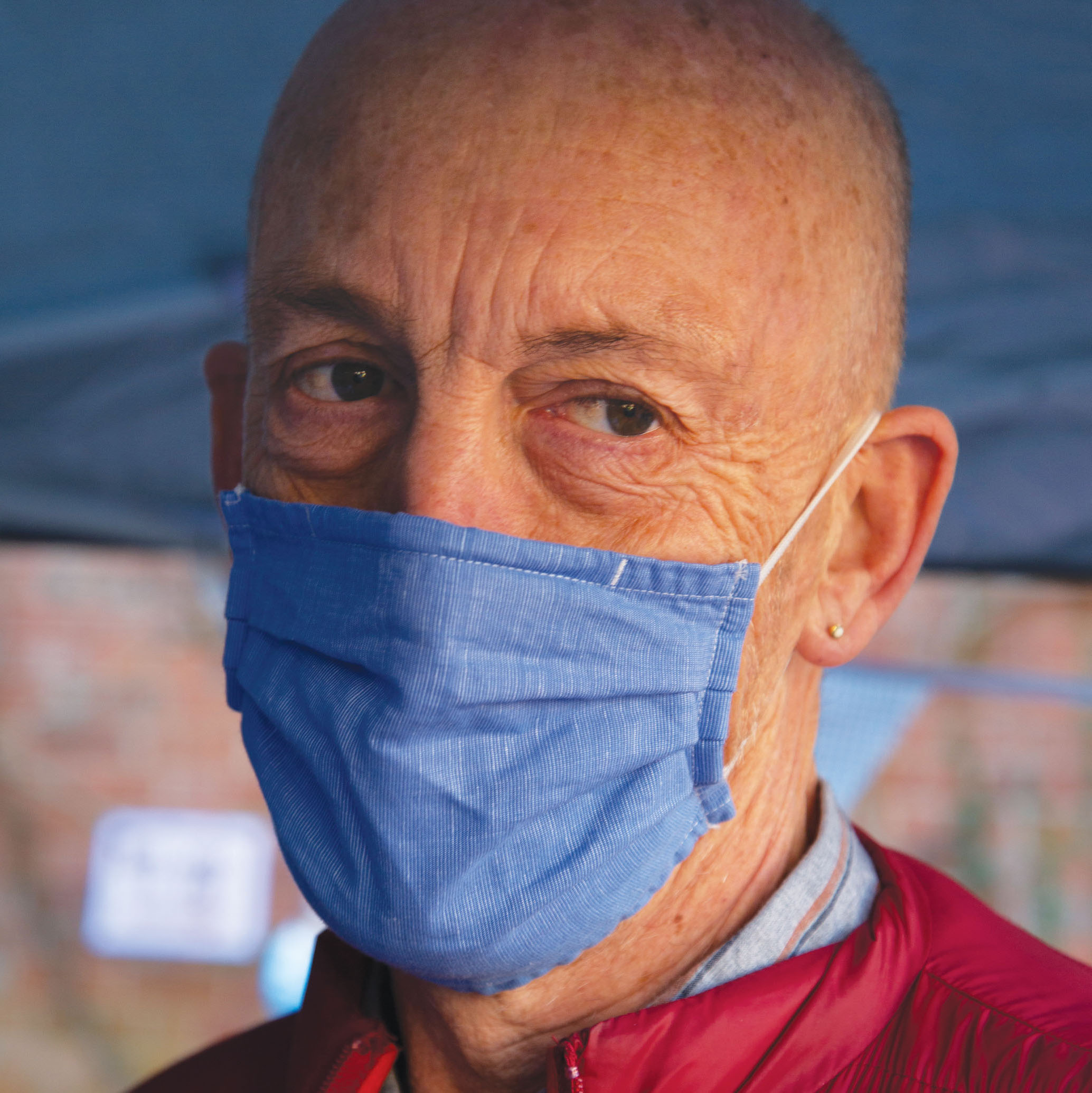Climate change as a moral issue
Until recently the connection between the Catholic Church and sustainable development hasn’t seemed very obvious. Indeed Catholic doctrine on birth control has perhaps been its most important intervention and that has not been seen by many, including Catholic’s, as very helpful. So the papal Encyclical on global climate change Laudato Si’, published in June has marked a significant turning point. Subtitled, ‘ On the care of our Common Home’, it has been described as the most ambitious papal document in the past 100 years, since it is addressed not just to Catholics or Christians, but to everyone on earth. Publication of the 180 page document has been timed to influence deliberations at the global climate change talks about to open in Paris.
At its core is a moral call for action on phasing out the use of fossil fuels. ‘Climate change a global problem with grave implications: environmental, social, economic political and for the distribution of goods…. it represents one of the principal challenges facing humanity in our day.’ Pope Francis appeals to the spirit of his namesake St Francis of Assisi, and the document is infused with a concern for the poor, anger even at the dangers the ‘cheerful recklessness’ that 200 years of misuse of resources has place humankind in. Indeed the Encyclical is much more than an ‘environmental’ statement. It calls on the world’s rich nations to begin paying their ‘grave social debt’ to the poor and take concrete steps on climate change, saying that failure to do so presents an undeniable risk to our ‘common home’. This is what is so interesting and so controversial about the document in some quarters. From the Pope’s perspective the environment is not something ‘out there’, nature as opposed to the human world. Rather he uses the term to describe the relationship between nature and humans and setting that relationship right is what he is talking about. From this viewpoint he launches a stinging attack on what he sees as the false and treacherous appetites of capitalism and on the consumerist view of human nature. It is a short step, and one Pope Francis takes, to making a distinction between human needs which are limited but non-negotiable, and appetites which are potentially unlimited. The poor he is saying, have their needs denied while the rich have their appetites indulged. And the environmental crisis links these two aspects of the problem.
This is to say the least, a challenging approach, as the encyclical highlights unwelcome truths about climate and ecological challenges. As Christian environmentalist Ian Christie puts it: ‘These are at root challenges about ethics and our fundamental values. They demand radical rethinking of ideas about consumption and economic purpose.’ Christie reminds us that both before and since the publication of the Encyclical there has been ‘…an orgy of pope bashing across the climate change ‘denialist’ movement especially in the USA. For those who cannot admit the reality of climate change or contemplate its policy implications for capitalism and fossil fuel interests, the papal intervention is a disaster.’
There is a really interesting set of dilemmas here. Up to now in many ways the planetary crises have for many people not felt, deep down, like moral issues; they are too distant in time and space affecting people we don’t know and landscapes we have never seen. Yet as coal, oil and gas continue to be burned and emissions rise with them, the risks that floods, famines, heatwaves and the refugees from them, will impact on us, rise dramatically. There has been little comment on the underlying causes of the refugee crisis that has convulsed Europe over the past six months, but what is going on in Syria while apparently relating to the civil war, instability in neighbouring Iraq (at least arguably an oil-related matter) and the rise of Isis, has to a significant degree, its roots in the desertification of a once productive region, as farming practices over the past 50 years have become too intensive to sustain the population in a changing climate.
The Pope has made his views on the necessity of Christian compassion towards refugees pretty clear and he hasn’t failed to make the connections himself. In this he can be seen as the latest and perhaps greatest example of a member of the global elite breaking ranks with its fossil-fuelled ‘business as usual’ mind-set, an elite who still attempt to frame refugees crises such as the one being experience in Syria, as nothing to do with the impact of a changing climate on the global poor. In doing so he has aligned himself with a small but significant group of corporate leaders, with the ‘divestment’ (from oil, coal and gas) movement across many US and European public bodies, and with networks of city leaders taking stronger action on climate policy than their national governments. Republican presidential hopeful Jeb Bush who is himself a Catholic, may have said he doesn’t take economic advice from the Pope, but the Pope’s intervention will provide much needed moral backbone to political leaders who are willing to push for radical action on climate change, aren’t afraid to make the links with global poverty and instability, and who will be looking for a meaningful global climate deal in Paris in December. The publication of Laudato Si’ is timely. Let us hope that it is also influential.
This article first appeared in the September 2015 issue of Town and Country Planning

